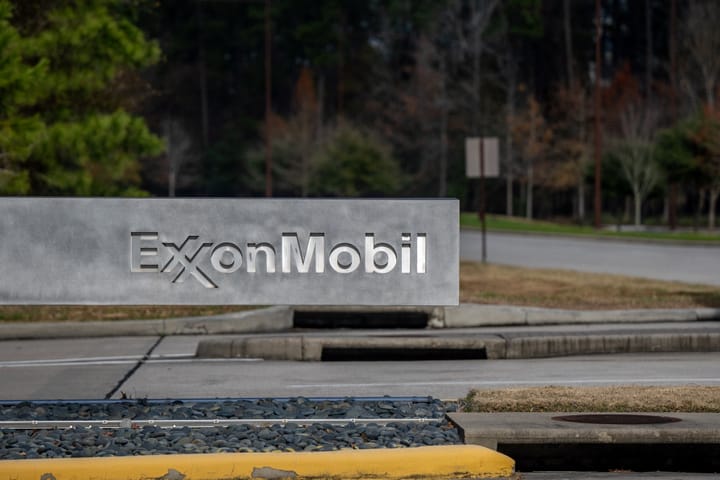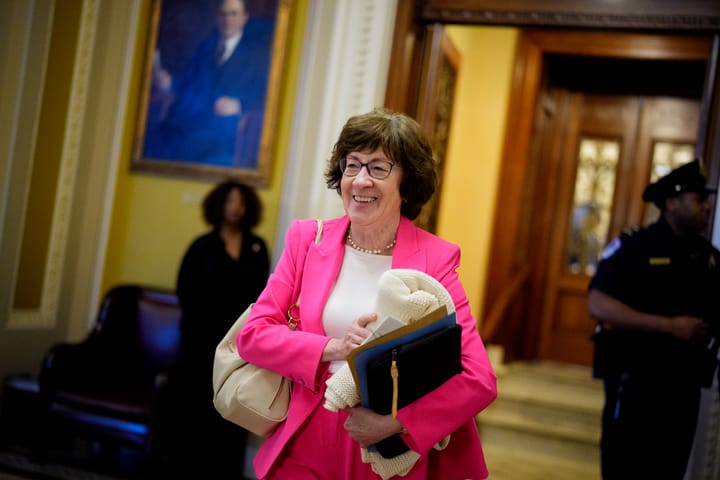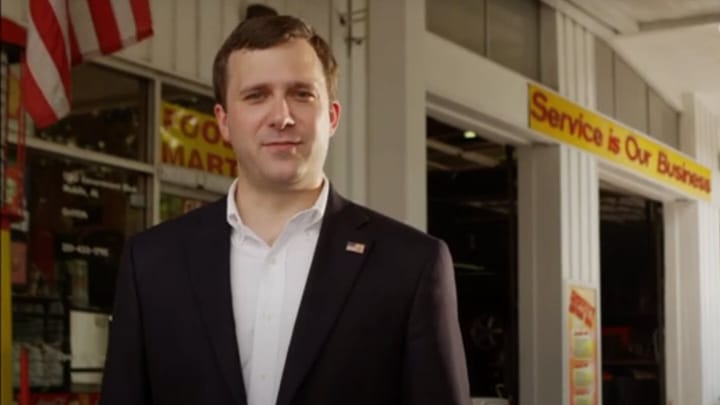In April 2021, an ExxonMobil lobbyist was covertly filmed by Greenpeace UK activists as he said that the company had aggressively fought against some climate science and had joined “shadow groups” to work against climate policy efforts. In response to the sting video, the bipartisan Climate Leadership Council suspended Exxon, one of its corporate founding members, from its coalition. However, several other groups that work on climate policy continued taking the oil major’s money, according to a document posted online last month.
ExxonMobil’s “Worldwide Giving Report” for 2022 reveals that the company remained in the good graces of several of the most influential think tanks in Washington D.C., including the Brookings Institution, the Bipartisan Policy Center, and the Center for Strategic and International Studies.
The Brookings Institution, which says on its website that “addressing climate change is one of the most pressing challenges we face today,” received $100,000 from ExxonMobil in 2022 for its Corporate Council and Foreign Policy Program, according to the document. Brookings has long called for the United States government to adopt a carbon price to discourage emissions of the greenhouse gas, something that the Exxon lobbyist, Keith McCoy, said the company claims to support in public as a public relations tactic. “Nobody is going to propose a tax on all Americans, and the cynical side of me says we kind of know that, but it gives us a talking point,” McCoy was recorded saying.
After Greenpeace released the video of McCoy’s comments, Brookings Vice President of Government Studies Darrell West wrote a blog post criticizing the activists’ tactics. “Using secret video recordings to embarrass opponents is undermining the health of our already ailing American democracy,” West wrote. Brookings unpublished West’s post in July 2021.
While the Brookings Institution does not lobby the federal government directly, it wields immense influence in Washington D.C. through its hundreds of policy research reports produced each year, as well as by having its scholars regularly testify before Congress and publish op-eds in widely-read outlets such as the New York Times and The Atlantic. Often portrayed by media outlets as a liberal-leaning group, Brookings has a long roster of corporate donors and a board of directors that is co-chaired by the chair of the board of Intuit and a private equity firm co-founder.



